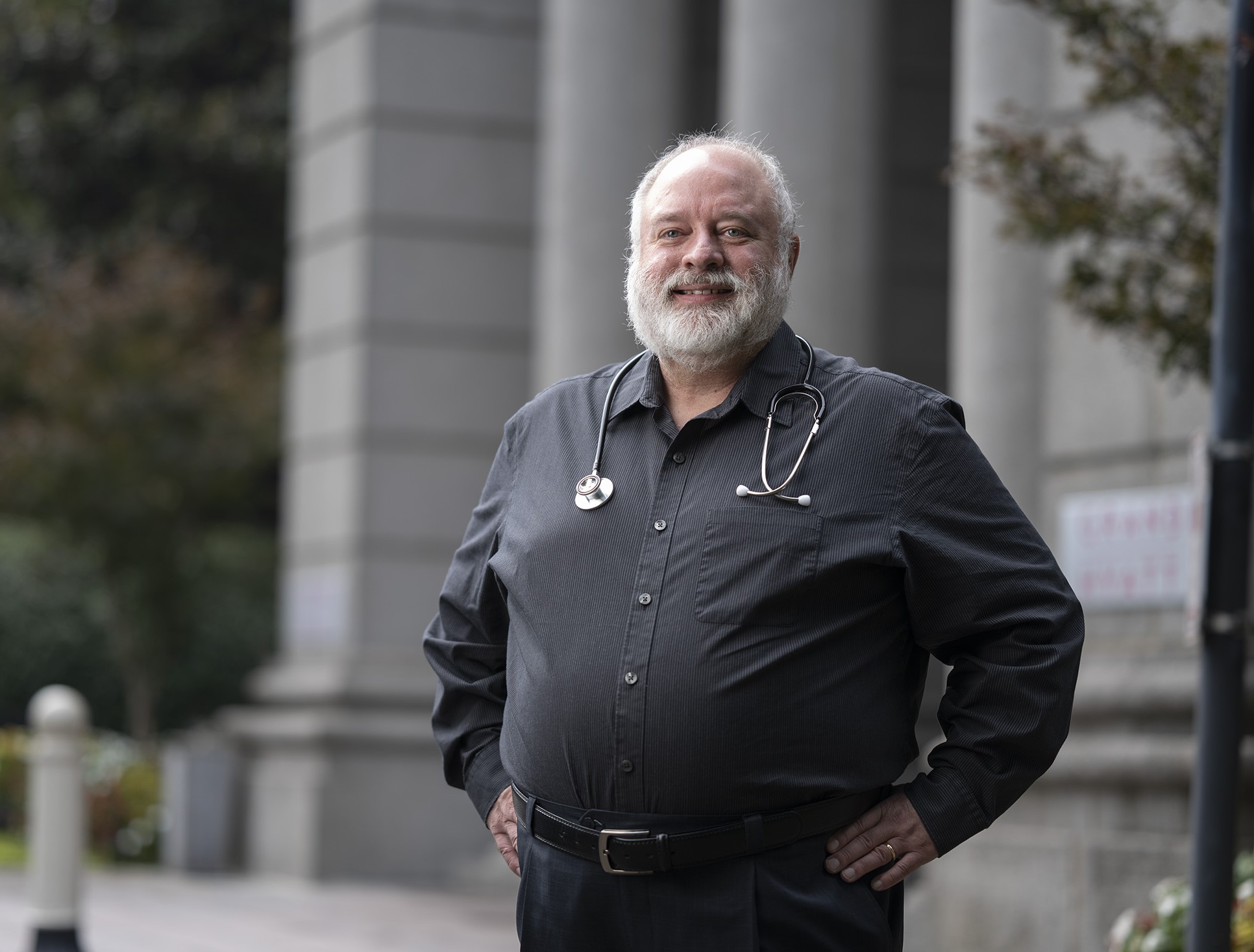As a physician, you most likely have observed the impact of the social determinants of health (SDOH) on your patients. You have also most likely been frustrated with the lack of strategies and supports available to help you address your patients’ SDOH and enhance their health. Dr. Natalie Williams, family physician at Austin Regional Clinic in Austin, Texas and an agilon health physician partner, knows those frustrations. She’s found that a value-based care practice of medicine can address SDOH – meeting a patient’s foundational needs, improving health, and driving down costs.
“With a value-based system, I’m not worried about billing or the numbers. Instead, I’m more focused on the things that are valuable to my patients: how their A1C is, how their blood pressure is, if their cholesterol levels changed,” Dr. Williams explains. “Those numbers mean more to me than the number of patients I see in a day. The benefit of value-based care is that patients get better because I’m focusing on things that can help them hopefully have a long and happy life.”
Working with underserved communities, Dr. Williams has first-hand knowledge of the impact social determinants of health can have on patient outcomes. As Dr. Williams puts it, “In my experience, location and access to care are really important. Patients that don’t have that access tend to do much more poorly. I practice on the east side of Austin, where some people aren’t close to health care resources and aren’t able to use the bus system to get to a doctor like me.”
There are other SDOH factors, as well. “Perhaps a person doesn’t have a phone and can’t access telemedicine services. Or there might be a language barrier that impacts their ability to understand what I’m telling them,” she shares. “Patients want to be taken care of—if they can get to medical services. Improving access points usually leads to really good outcomes.”
Leveraging Value-Based Care to Overcome SDOH
Dr. Williams believes that having a health equity team at a hospital or in a clinic would be beneficial so that physicians can get an appreciation of the challenges facing certain communities. “It starts with understanding that a need exists,” she says. “Taking it to heart, and then embracing it. The goal in medicine is to be proactive and not reactive. Hopefully, we can spread awareness, press forward, and be the changing force.”
We asked Dr. Williams what can be done to eliminate health disparities in underserved communities. “Having the knowledge of your community is very important,” she explains. “If you know that some patients don’t have access to transportation, then you might be more understanding if they show up late for an appointment. Or you’ll be less likely to refer them to a service that’s far away—one that they’ll never get because they can’t access it.”
She feels that understanding local resources is important too. “Know various bus routes, know what neighborhood pharmacies offer discounts so that medication is more affordable,” she adds. “It’s also important to understand insurance options so you can help patients navigate them. That’s how you build your practice in an underserved space.”
Overcoming Additional Barriers to Health Outcomes
Dr. Williams has also found that education can sometimes be a factor in the doctor-patient relationship. Practicing in Austin, she knows that on the surface, the city appears to be one of the most educated. That’s not necessarily true for her patients.
“Not everyone has the same level of education, and I am aware that not everyone I see will understand what I tell them,” she clarifies. “I don’t want my patient to misunderstand what I say and be too embarrassed to ask questions. So, it’s important to take time to explain information in the simplest terms possible so each patient understands what you’re saying.”
A patient’s support system is also helpful and never a hinderance when Dr. Williams works with patients. “It’s not an interruption to have a patient come in with a friend, neighbor, or family member,” she explains. “It’s beneficial because that person is someone the patient feels safe with and supported. Communicating with both the patient and the support person can help overcome any educational barriers.”
Advice for Physicians in Underserved Communities
Because of her experience working in underserved communities, Dr. Williams has particular insight that can help physicians address SDOH with their patients.
“First, understand the community you live in,” she suggests. “Doing reach-outs in the community will help a doctor understand the people and understand the culture better. If you do that, I think it makes it easier to have important and sometimes sensitive conversations about a patient’s health because you’ll be able to understand where the patient is coming from, their lived experience, and their personal context. Once you really understand that patient as a person, they feel that they can discuss their care with you.”
The Importance of Focusing on Whole-Person Health
Part of value-based care is treating the whole person, not just symptoms. Dr. Williams is an advocate of whole-person health, which focuses on the medical, behavioral, and psychosocial conditions of a patient. How does she incorporate whole-person health into her practice?
“It’s about asking questions and understanding body language and the way a person acts during the appointment.” She says, “All that observed information can help us really sort out what’s happening with that patient.”
Physicians have a responsibility to care for patients by understanding human experience, Dr. Williams believes.
“While we may be focused on the numbers, the treatment, and getting everything right, we also need to be aware of other factors that may be affecting the way a patient approaches their health care,” she explains. “If a person feels they are respected, understood, and listened to, they will always be on your side and willing to follow your advice. That’s one of the many benefits of practicing value-based care. It empowers me to give my patients the time and attention they need and deserve.”
Contact for media enquiries
[email protected]Up Next.

Blog Aug 17, 2022 | Article
Full-Risk Capitation vs. Fee-For-Service
Learn the key differences between full-risk capitation and fee-for-service payment models with agilon health.




